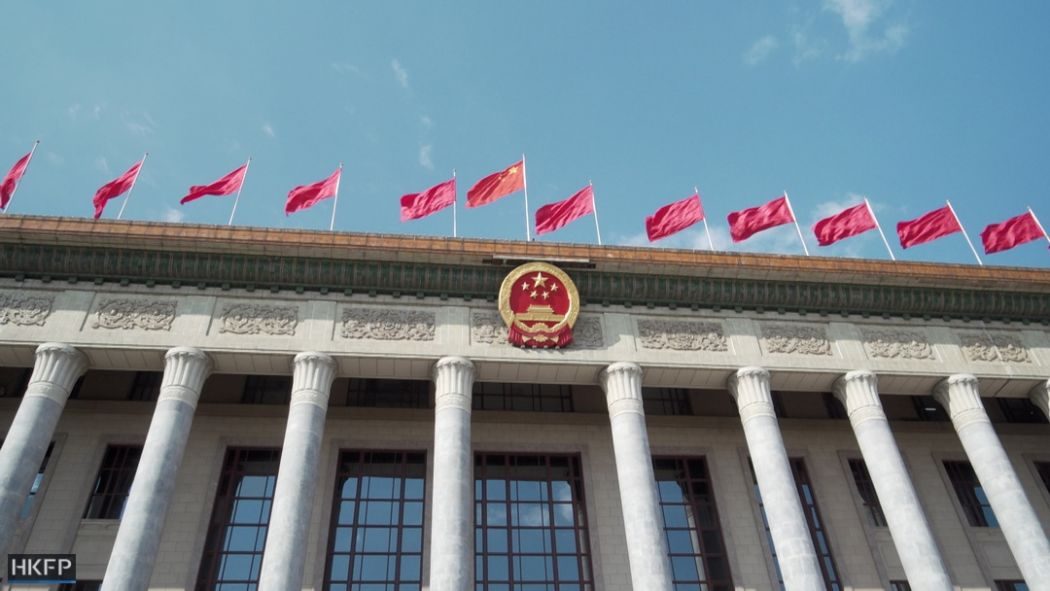Chinese authorities are to have jurisdiction on national security crimes in Hong Kong whilst the chief executive will be able to designate judges to handle those cases, according to details released by state-run Xinhua news agency on Saturday.
Beijing will reportedly set up a “national security bureau” and coordinate with the local judiciary and law enforcement in sharing and collecting information relating to such matters. The bureau will abide by local as well as national law.

“Any organisations, groups and individuals in the HKSAR should comply with this law and other HKSAR legislation related to safeguarding national security and must not engage in any activity that may endanger national security,” the report said.
Anyone who runs in elections “should sign documents to confirm or take an oath to uphold the Basic Law and swear allegiance to the HKSAR of the People’s Republic of China,” it added.
Hong Kong authorities are also to set up a committee on safeguarding national security, chaired by the chief executive and filled with top government officials as well as the police chief; whilst Beijing-appointed personnel are to act as committee consultants, the agency said.
It also reported that local police will establish a department for “safeguarding national security,” and the Department of Justice will set up a designated division for handling related crimes and prosecution work

Last month, Beijing revealed plans to promulgate laws to prevent, stop and punish behaviours in Hong Kong that it deems a threat to national security. The laws are set to be inserted into the city’s mini-constitution, bypassing the local legislature, following a year of pro-democracy protests and unrest in the city.
Initial details of the draft were released on Saturday, though the National People’s Congress Standing Committee has yet to approve the new legislation.
Details on when it may be promulgated and what exact behaviours may be criminalised remain unclear. The move has nevertheless alarmed democrats, civil society groups and trade partners, as such laws have been used broadly to silence and punish dissidents in China.

Patrick Poon, an independent human rights researcher, told HKFP the content of the draft law could have a far-reaching impact on universal values: “The details mean that it’s really the end of not only ‘One Country, Two Systems,’ but also really the end of Hong Kong’s autonomy and judicial independence.”
“The international community needs to respond to such arrangement more strongly than ever,” he added. “It will be a disaster for everyone if Beijing’s interference in Hong Kong’s affairs is not effectively countered with real international pressure.”
Hong Kong’s only delegate to China’s top legislative body Tam Yiu-chung defended the draft law in an interview with RTHK: “Beijing places trust in the SAR government from law enforcement to judiciary aspects. To a large extent [the law] protects human rights as it only takes aim at a minority of the population,” he said.
“The legislation is mostly compatible with the features of common law… The draft has been consolidated with opinions from all sectors of Hong Kong society.”
